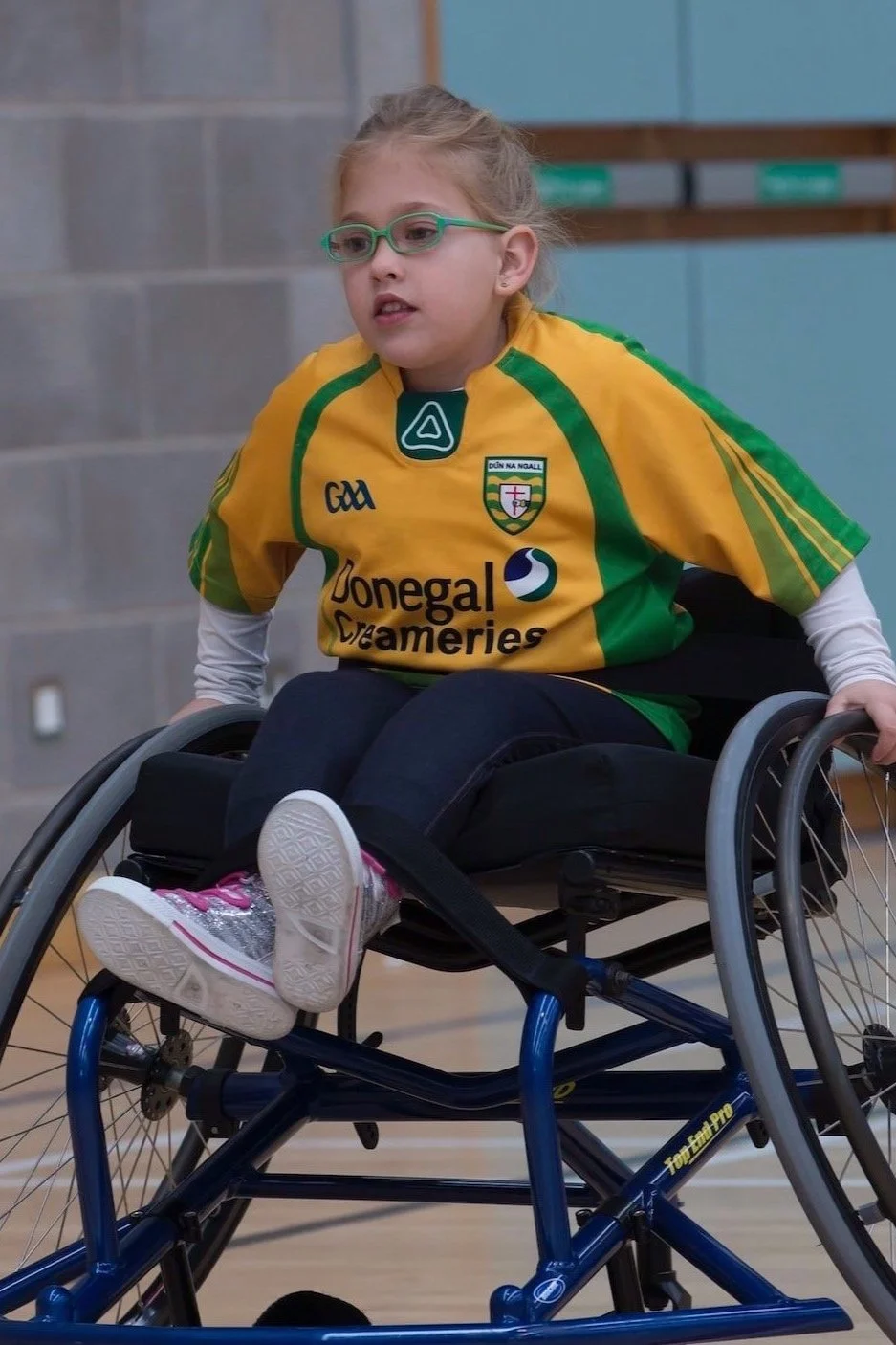What is Sports Equality?
Sports equality is a fundamental principle advocating for the equitable access and opportunities for all individuals in the realm of sports, regardless of their identity. This encompasses providing a level playing field, not just in the competitive arena but throughout the entire sporting journey, from participation to leadership roles. Sports equality mandates that every individual should have the freedom to pursue their sporting ambitions without encountering discrimination or prejudice.
This principle holds profound significance, particularly for girls and young women who often encounter disproportionate barriers to sports participation. The struggle for sports equality acknowledges and strives to rectify these disparities. It recognizes that equal access to sports empowers individuals, fostering physical fitness, self-confidence, and leadership skills while breaking down traditional gender stereotypes.
In essence, sports equality is not just a fundamental right but also a catalyst for social change. It dismantles barriers, celebrates diversity, and promotes the values of fairness, inclusivity, and respect within the sporting world, enriching the lives of all who participate.
How Does Sport Inequality affect Girls’ Human Rights?
-

RIGHT TO EDUCATION
When girls lack equal access to sports at school, they are denied a complete educational experience, which includes physical education and extracurricular activities.
-

RIGHT TO HEALTH
Sports participation is essential for maintaining physical and mental health. Inequality in sports can hinder girls from reaping the health benefits of regular physical activity.
-

RIGHT TO BE FREE FROM VIOLENCE & HARASSMENT
In sports settings where gender inequality exists, girls may be more vulnerable to harassment, bullying, and abuse.
-

RIGHT TO WORK & ECONOMIC OPPORTUNITIES
Girls may miss out on potential career opportunities in the sports industry, such as professional athletics, coaching, or sports management.
-

RIGHT TO NON-DISCRIMINATION
Unequal opportunities in sports perpetuate gender stereotypes and reinforce societal expectations that girls are less capable than boys. This limit girls' self-esteem, personal growth, and social development.
-

RIGHT TO PARTICIPATE IN CULTURAL, ARTISTIC & RECREATIONAL LIFE
Sports inequality can limit girls' ability to participate in various aspects of social and cultural life, as sports often play a crucial role in community engagement and cultural expression.
-

RIGHT TO PERSONAL DEVELOPMENT
Participation in sports can help girls develop essential life skills, such as teamwork, leadership, and resilience. Sports inequality can deprive girls of the opportunity to grow and reach their full potential.
-

RIGHT TO FREEDOM OF ASSOCIATION
Right to Freedom of Association: Sports offer opportunities for social interaction and the formation of associations. Inequalities in sports can limit girls' ability to exercise this fundamental human right fully.
What Are the Barriers to Sports Equality?
Gender stereotypes and discrimination: Societal beliefs about gender roles in sports create unequal opportunities & expectations. Girls are often seen as less capable, limiting their access to resources & opportunities.
Lack of resources and funding: Unequal funding leads to fewer opportunities for training, competition, & development.
Unequal media coverage: Female sports receive less coverage, affecting public interest, sponsorship opportunities, & visibility of female athletes.
Limited access to quality coaching and training: Girls may lack quality coaching, training, and support, hindering development.
Inadequate facilities and infrastructure: Sports facilities often are not gender-sensitive, accessible, or accommodating girls’ needs.
Cultural and societal norms: In some cultures, sports is considered inappropriate girls, leading to exclusion or limited opportunities.
Safety: Harassment, abuse, and violence in sports create an unsafe space for girls, deterring participation or causing them to leave the sport.
Economic barriers: Costs associated with sports, eg. equipment and fees, can be significant barriers for low-income individuals.
Inclusion and accessibility: Sports programs and facilities often lack accommodations and inclusive practices for athletes with disabilities.
Lack of representation and role models: A lack of diverse role models in sports perpetuates stereotypes and limits opportunities for underrepresented groups.
The International Legal Framework
How Can Girls Advocate for Sports Equality?
-
Share information about the importance of sports equality and its benefits at school and in their communities.
-
Participate in or establish sports clubs that promote equal opportunities for girls and boys.
-
Break down gender stereotypes by participating in sports traditionally dominated by boys.
-
Call for equal funding, resources, and opportunities in sports for girls at the school, local, & national levels.
-
Partnering with organisations: Collaborate with local and international organisations that promote sports equality to amplify efforts and gain support.
-
Encourage female athletes to mentor and support younger girls interested in sports, fostering a network of empowered female athletes.
-
Host events, workshops, panel discussions and spark community conversations about overcoming barriers.
-
Showcase the accomplishments and talent of female athletes, inspiring others to pursue sports.
-
Amplifying voices: Support female athletes by sharing their stories & experiences to challenge the status quo & promote equality.
-
Advocate for equal representation of female athletes in the media and urge media outlets to highlight female sports achievements.





